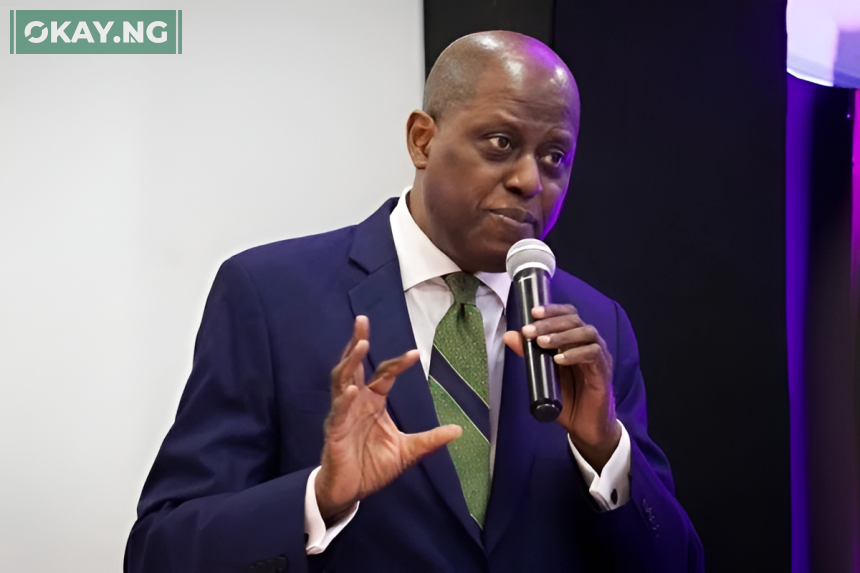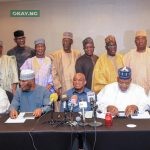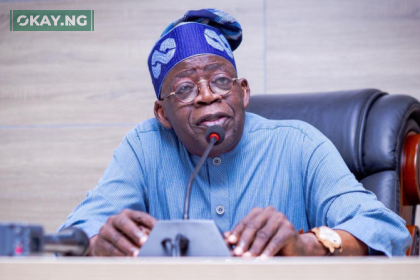Central Bank of Nigeria (CBN) Governor Olayemi Cardoso has reaffirmed the bank’s dedication to leveraging digital technology to broaden financial access, particularly for underserved communities, with a specific focus on women. Speaking at the Inaugural Economic Policy Conference for Emerging Market Economies in Riyadh, organized by the Saudi Ministry of Finance and the IMF, Cardoso highlighted the transformative potential of mobile money and other digital financial tools in deepening financial inclusion across Nigeria.
“Digitalisation is key to Nigeria’s financial inclusion efforts!” Cardoso stated, as shared on the CBN’s official X (formerly Twitter) account. “With mobile money services and tech-driven solutions, the CBN aims to expand financial access for underserved communities, particularly women.” This emphasis on digital inclusion reflects a global trend, as organisations adapt to the changing financial landscape. As the CBN’s Deputy Director of Corporate Service, Mr. Bala Bello, noted earlier this year, “The entire world is going through a process of digitising its operations… creating opportunities and redundancies.” This digitisation process has been a topic of discussion globally, with many central banks and financial institutions exploring how to leverage technology to reach wider populations and improve financial services.
Beyond the focus on inclusion, Cardoso addressed the ongoing banking sector recapitalisation exercise, underscoring its importance in bolstering the resilience and stability of Nigerian financial institutions. “CBN’s recapitalization mandate is strengthening Nigeria’s financial sector, ensuring banks are well-equipped to handle future shocks,” he asserted. This proactive measure, initiated earlier this year, aims to ensure banks possess the necessary capital reserves to mitigate systemic risks and effectively support sustainable economic growth. The move is seen as crucial for maintaining confidence in the Nigerian financial sector and attracting both domestic and foreign investment.
Read Also: Nigeria PoS Transactions Surge to N18 Trillion in 2024: A Cash-Strapped Nation Turns to Digital
Cardoso also acknowledged the challenging economic policies implemented in Nigeria, emphasising that these difficult decisions are beginning to yield positive outcomes. “Nigeria’s tough but necessary policy decisions are paying off,” he affirmed. Since assuming office, Cardoso has championed a more market-driven foreign exchange system, implemented stringent inflation control measures, and initiated banking sector reforms aimed at restoring confidence in Nigeria’s financial landscape. These reforms, while sometimes painful in the short-term, are designed to create a more stable and prosperous economic environment in the long run.
Witnessing this commitment to both technological advancement and prudent financial management offers a degree of optimism. While economic challenges undoubtedly persist, the proactive approach taken by the CBN, particularly in embracing digital solutions for financial inclusion, is a positive sign. The focus on empowering women through financial access is particularly noteworthy, as it has the potential to unlock significant economic potential within communities. It is important to remember that these policies impact real lives – the small business owner seeking a loan, the woman in a rural community gaining access to financial services for the first time. The success of these initiatives will ultimately be measured by their impact on the lives of ordinary Nigerians. The CBN’s efforts to balance economic stability with inclusive growth will continue to be a crucial factor in Nigeria’s economic trajectory.













